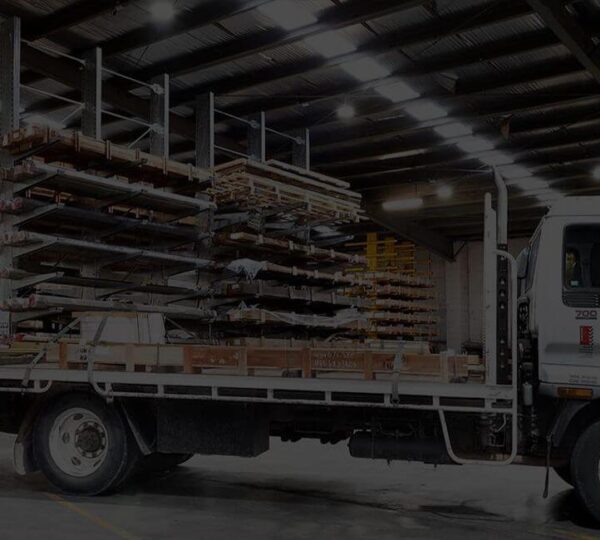Brass, an alloy of copper and zinc, holds a pivotal place in various industries due to its unique properties: excellent machinability, corrosion resistance, aesthetic appeal, and good thermal and electrical conductivity. Brass suppliers, therefore, play a crucial role in catering to the diverse needs of industries such as construction, manufacturing, electronics, and decorative arts. These suppliers not only provide a wide range of brass products but also contribute significantly to the industrial and creative sectors by ensuring the availability of high-quality materials tailored to specific requirements.
The Role of Brass Suppliers
Brass suppliers specialize in distributing brass in various forms, including sheets, rods, tubes, and bars, each suited to different applications. For instance, brass sheets are often sought after in the decorative arts for their luster and ease of engraving, while brass rods and tubes are indispensable in manufacturing for applications requiring precision and durability.
Industries Served
Construction and Architecture: In the construction industry, brass is utilized for its durability and resistance to corrosion, making it ideal for fixtures, fittings, door handles, and architectural accents. Suppliers cater to this industry by providing brass that can withstand environmental conditions, contributing to the longevity and aesthetic of buildings.
Manufacturing: The manufacturing sector relies on brass for components that require precision machining, such as gears, bearings, and valves. Suppliers ensure that manufacturers have access to brass with the specific properties needed for their production processes, such as leaded brass for ease of machining or dezincification-resistant brass for applications exposed to water.
Electronics and Electrical: Brass’s excellent electrical conductivity makes it a preferred material for connectors, terminals, and switch parts. Suppliers to the electronics industry provide brass that meets strict conductivity and corrosion resistance requirements, ensuring the reliability of electrical systems.
Arts and Decorative Applications: Artists and craftsmen value brass for its malleability and color. Suppliers support the creative sector by providing brass in forms that are easy to work with, whether for sculpture, jewelry making, or decorative items.
Challenges and Opportunities
Brass suppliers face challenges such as fluctuating raw material prices and the need to meet stringent industry standards and environmental regulations. However, these challenges also present opportunities for suppliers to differentiate themselves by offering value-added services, such as just-in-time delivery, material processing, and recycling programs, as well as by developing alloys with specific properties for niche applications.
Sustainability
Sustainability is increasingly becoming a priority, and brass suppliers are responding by promoting the recyclability of brass. Brass can be recycled without losing its properties, reducing the demand for virgin materials and the environmental impact of extraction processes.





